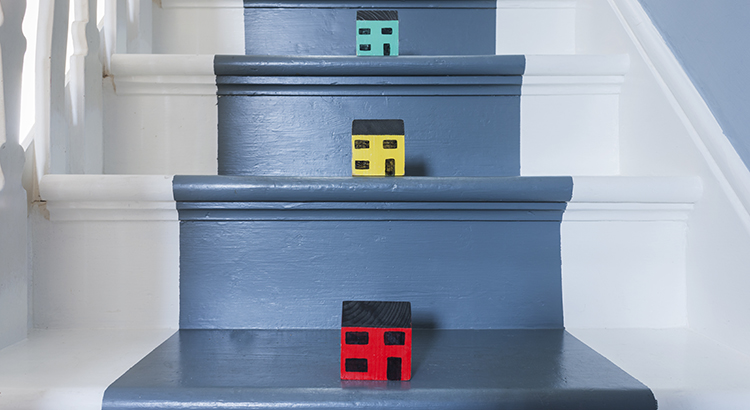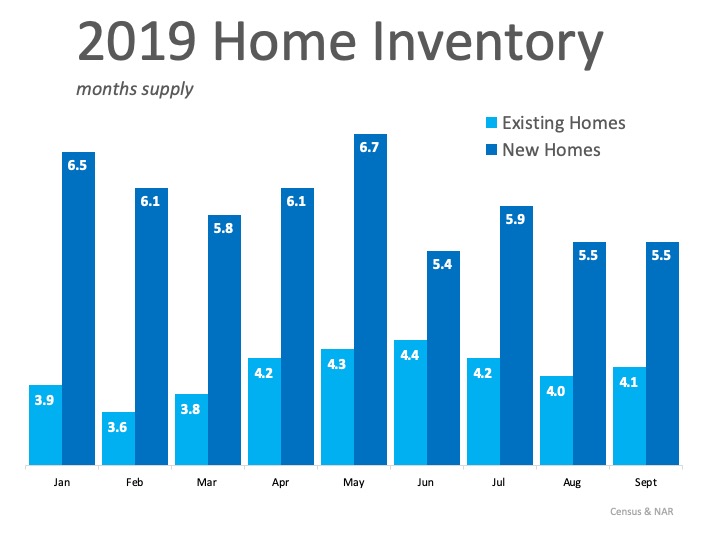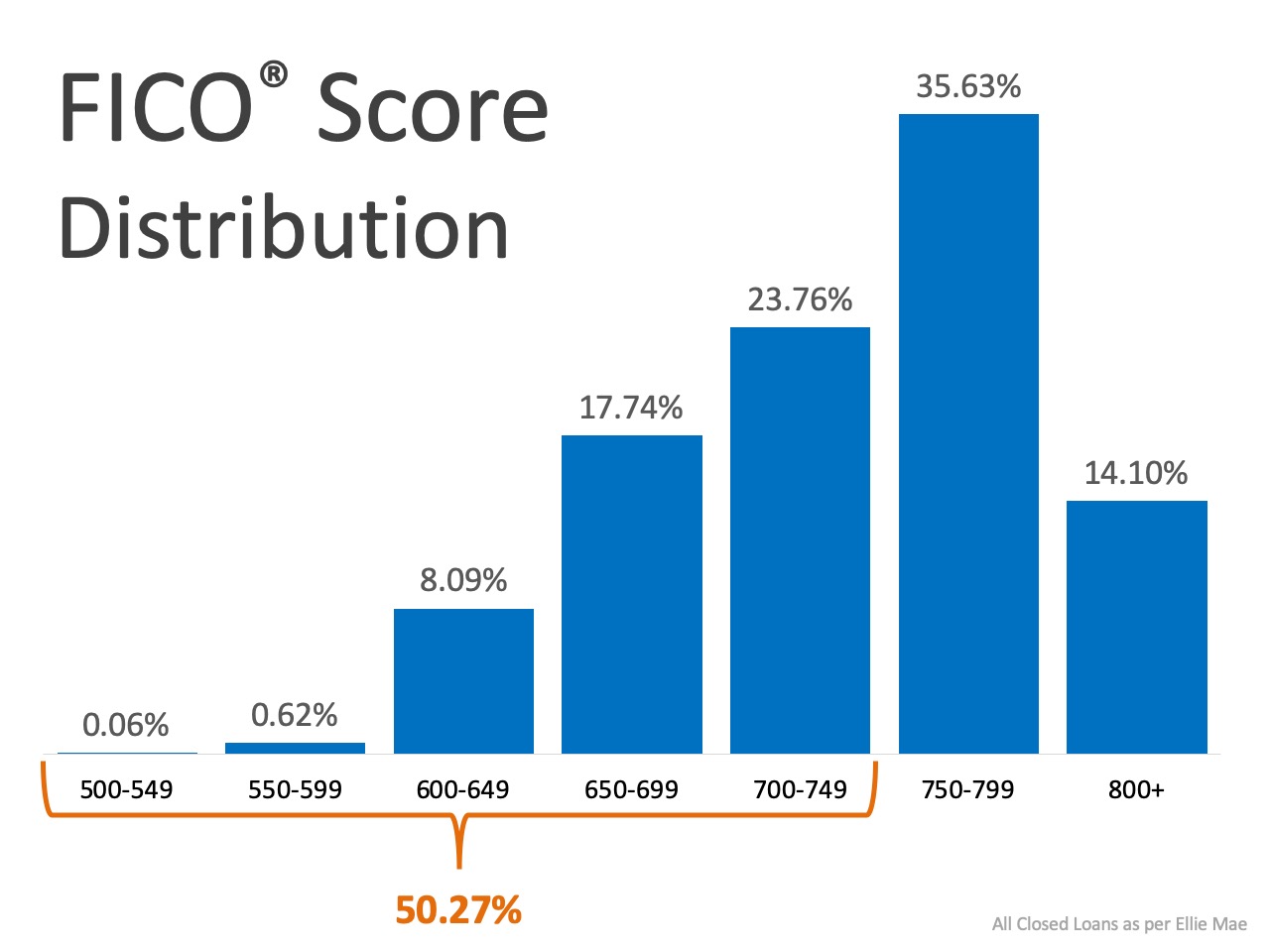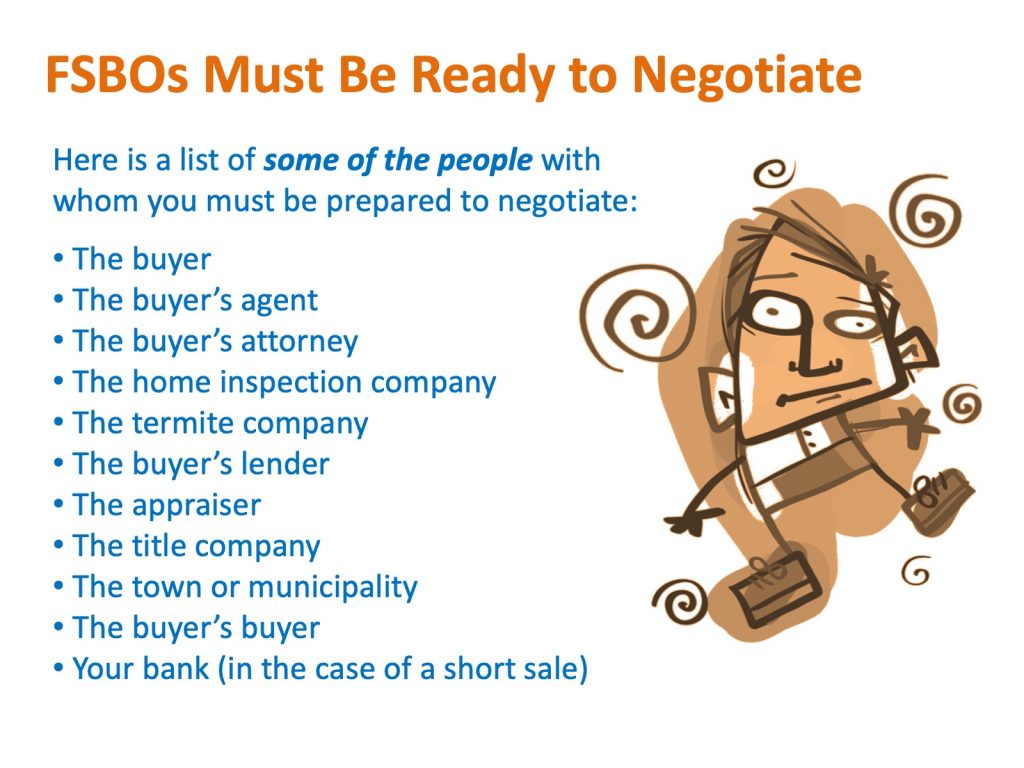As a homeowner, it’s important to keep your home running efficiently, not only to save money, but also to help the environment thrive. October 2nd is Energy Efficiency Day, a perfect time to think about making some key upgrades that will improve the efficiency of your home. If you’re looking to sell your house and increase the pool of potential buyers in your market, the upgrades below are truly a must.
According with Wallet Hub,
“In the U.S., energy costs eat between 5 and 22 percent of families’ total after-tax income.”
What should you spend on utilities?
Money Management says,
“If you’re working with a budget, and trust me, you should be, your utility costs should be no more than 8-10 percent of your monthly income.”
How can you make your home more efficient?
EnergyEfficiencyDay.Org provides some handy tips that can help you improve the energy efficiency of your home. Here are a few simple ones to consider, and how to make them happen:
1. Make the Switch to LED
LEDs are a great example of how innovation and technology can make your life easier. They last at least 25 times longer and consume up to 90 percent less electricity than incandescent bulbs.
Tip: By switching five of your home’s most frequently used bulbs with ENERGY STAR® certified LEDs, it’s possible to save $75 on energy costs annually.
2. Seal Those Leaks
On average, heating and cooling account for almost half of a home’s energy consumption. In fact, all the little leaks can be equivalent to leaving open a 3-foot-by-3-foot window.
Tip: Take simple steps like caulking windows, sealing leaks around chimneys and recessed lighting, and sliding draft guards under your doors to save up to 20% on heating costs.
3. Heat and Cool Efficiently
Don’t waste money heating or cooling an empty home. Install a programmable thermostat and in colder weather schedule your home’s heat to lower when you are away or asleep and increase when you are returning home or waking-up. In warm weather, schedule the thermostat to raise the temperature when you are away or asleep, and lower it at other times.
Tip: Follow the U.S. Department of Energy recommended temperatures and be energy-efficient all year.
4. Maintain Your HVAC System
Make sure to clean or change your furnace filters regularly. A dirty furnace filter will slow down air flow, making the system work harder to keep you warm (or cool) and costing you more money.
Tip: Consider getting a winter tune-up. Just as a tune-up for your car can improve your gas mileage, a semi-annual or yearly tune-up of your heating and cooling system can be vital to improve efficiency, saving you money and making your home more comfortable.
Bottom Line
By making a few key upgrades to your home, you’ll save on your utility bills and improve the energy efficiency of your home. When you’re ready to sell your house, these key features will make it even more attractive to potential buyers. Let’s get together to discuss what buyers are looking for when it comes to energy efficiency options in our area.
![The Cost of Renting vs. Buying a Home [INFOGRAPHIC] | MyKCM](https://files.mykcm.com/2019/11/13082324/20191115-MEM-ENG.jpg)





![Buying a home can be SCARY…Until you know the FACTS [INFOGRAPHIC] | MyKCM](https://files.mykcm.com/2019/10/22080625/20191025-MEM-1046x667.jpg)
![Homes Are Selling Quickly [INFOGRAPHIC] | MyKCM](https://files.mykcm.com/2019/10/16130732/20191018-KCM-Share.jpg)
![Homes Are Selling Quickly [INFOGRAPHIC] | MyKCM](https://files.mykcm.com/2019/10/16130700/20191018-MEM.jpg)




